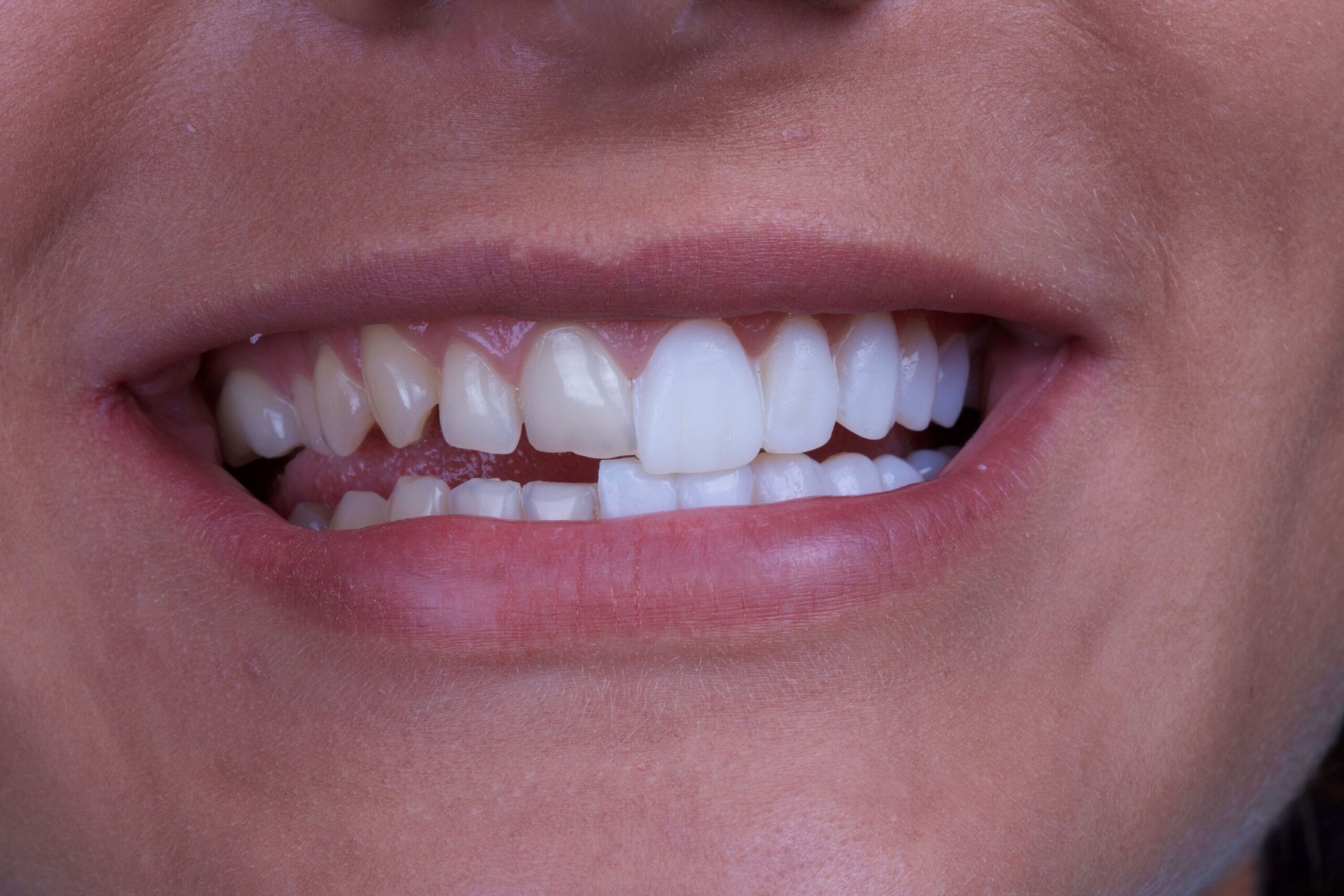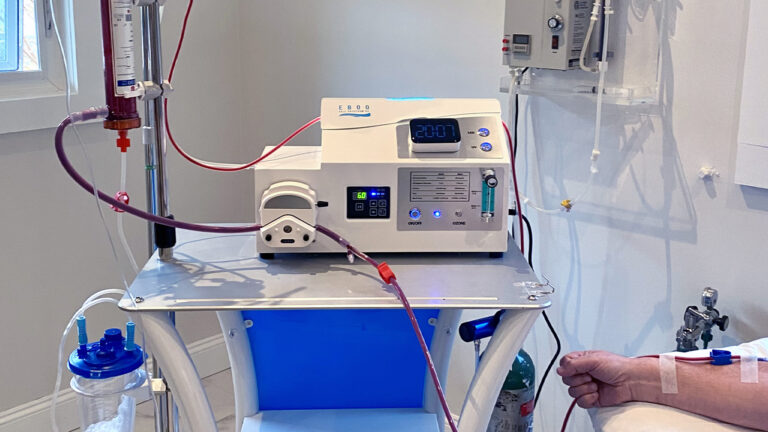A Comprehensive Guide to Dental Veneers: Types, Benefits, and Considerations
Your smile is a powerful tool that communicates confidence and warmth, and Dental Veneers London has emerged as a transformative solution to enhance it. Dental veneers, a popular cosmetic dentistry option, have the ability to correct various dental imperfections and create a stunning, natural-looking smile. In this comprehensive guide, we will delve deep into the world of dental veneers, exploring the different types available, the myriad benefits they offer, and the essential considerations to keep in mind before embarking on this smile-enhancing journey.
Understanding Dental Veneers: Dental veneers are ultra-thin, custom-made shells that are crafted to cover the front surface of teeth. They are designed to improve the appearance of teeth by altering their size, shape, color, or length. While their modern popularity has surged, dental veneers have actually been around for decades, undergoing refinements in materials and techniques.
Types of Dental Veneers: There are several types of dental veneers, each with its own set of advantages and considerations:
- Porcelain Veneers: These are crafted from high-quality porcelain, offering a natural, translucent appearance that closely resembles natural teeth. Porcelain veneers are highly durable and resistant to staining, making them a long-lasting option.
- Composite Veneers: Made from composite resin material, these veneers are applied directly to the teeth and sculpted to achieve the desired shape and appearance. They are more affordable than porcelain veneers but may not be as stain-resistant or durable.
- Minimal-Prep Veneers: These veneers require minimal tooth enamel removal, preserving the natural structure of the teeth. They are often a suitable choice for those with minor cosmetic issues.
- No-Prep Veneers: These ultra-thin veneers involve minimal to no enamel removal. They are reversible and can be a great option for individuals seeking a non-invasive solution.
The Veneer Application Process: The process of getting veneers typically involves several steps:
- Consultation and Smile Assessment: Your dentist will assess your smile, discuss your goals, and determine if veneers are the right choice for you.
- Tooth Preparation: For traditional veneers, a small amount of enamel is removed from the front surface of the teeth to create space for the veneers. For minimal-prep or no-prep veneers, this step may be minimized.
- Impressions and Laboratory Work: Impressions of your teeth are taken and sent to a dental laboratory, where the veneers are custom-made to fit your teeth perfectly.
- Veneer Bonding and Final Adjustments: Once the veneers are ready, they are bonded to your teeth using dental adhesive. Your dentist will make final adjustments to ensure a comfortable and natural fit.
Benefits of Dental Veneers: The benefits of dental Veneers London are numerous and can significantly impact both appearance and self-confidence:
- Aesthetic Enhancement: Veneers can create a flawless, uniform smile by addressing issues like discoloration, misalignment, and irregularly shaped teeth.
- Correcting Tooth Discoloration: Veneers can effectively cover severely stained or discolored teeth that may not respond well to traditional teeth whitening methods.
- Reshaping and Lengthening Teeth: Veneers can reshape small or misshapen teeth, creating a more harmonious smile. They can also lengthen teeth that appear too short.
- Closing Gaps and Spaces: Veneers can eliminate gaps or spaces between teeth, offering a more even and symmetrical smile.
- Repairing Chipped or Cracked Teeth: Veneers can restore the appearance of teeth with minor chips or cracks, enhancing both aesthetics and functionality.
- Improving Alignment and Bite: While not a substitute for orthodontic treatment, veneers can create the illusion of straighter teeth and correct minor alignment issues.
Considerations Before Getting Veneers: Before embarking on the journey of getting veneers, there are important considerations to keep in mind:
- Candidacy and Suitability: Not everyone is an ideal candidate for veneers. Your dentist will assess your oral health and discuss whether veneers are the right option for you.
- Expected Results and Realistic Expectations: While veneers can create a dramatic improvement, it’s important to have realistic expectations about the outcome.
- Potential Risks and Side Effects: While rare, complications such as sensitivity, discomfort, or changes in bite may occur. Your dentist will discuss these possibilities with you.
- Longevity and Maintenance: Veneers are durable, but they are not invincible. Proper oral hygiene and regular dental check-ups are crucial to maintaining their longevity.
- Financial Investment and Insurance Coverage: Veneers are an investment in your smile. Check with your dentist about the cost and whether your dental insurance covers any portion of the procedure.
Porcelain vs. Composite Veneers: The choice between porcelain and composite veneers depends on various factors:
- Material Composition and Durability: Porcelain veneers are known for their durability and resistance to stains, while composite veneers are more susceptible to staining.
- Aesthetic Appearance: Porcelain veneers closely mimic the appearance of natural teeth due to their translucent quality, while composite veneers might not achieve the same level of naturalness.
- Procedure Duration: Porcelain veneers typically require more than one dental appointment, while composite veneers can often be completed in a single visit.
- Cost Comparison: Porcelain veneers are generally more expensive than composite veneers, but their longevity can make them a cost-effective option over time.
Maintaining Your Veneers: Proper maintenance is key to ensuring the longevity and beauty of your veneers:
- Oral Hygiene Practices: Brush and floss regularly to keep your veneers clean and prevent gum disease.
- Diet and Lifestyle Choices: Avoid excessive consumption of staining foods and beverages like coffee, tea, and red wine.
- Regular Dental Check-ups: Regular visits to your dentist allow for monitoring of your veneers’ condition and addressing any potential issues early on.
Veneers and Oral Health: Veneers can greatly enhance your smile’s appearance, but it’s important to consider their impact on your oral health:
- Impact on Tooth Enamel: Traditional veneers involve enamel removal, which is irreversible. It’s crucial to discuss this with your dentist and understand the long-term implications.
- Addressing Underlying Dental Issues: Veneers can cover cosmetic imperfections, but underlying dental issues such as cavities or gum disease must be addressed before veneers are applied.
Veneers for Special Cases: Veneers can be tailored to specific situations:
- Veneers as Part of Full Smile Makeovers: Veneers are often a crucial component of complete smile makeovers, combining various cosmetic procedures for a comprehensive transformation.
- Veneers for Patients with Bruxism: If you grind or clench your teeth, your dentist might recommend a special type of veneer to withstand the forces associated with bruxism.
- Veneers for Sensitive Teeth: Individuals with sensitive teeth can still consider veneers, but it’s important to communicate your sensitivity to your dentist for appropriate solutions.
The Emotional and Psychological Impact of Veneers: Beyond the physical improvements, veneers can have a profound impact on a person’s emotional well-being:
- Boosting Self-Esteem and Confidence: Correcting dental imperfections can lead to a significant boost in self-confidence. Many individuals find themselves smiling more often and feeling more at ease in social interactions.
- Enhancing Quality of Life: The newfound confidence gained from a beautiful smile can positively influence various aspects of life, from personal relationships to professional success.
Choosing a Qualified Cosmetic Dentist: Selecting the right dentist to perform your veneer procedure is paramount:
- Researching Credentials and Experience: Look for a dentist with specialized training and experience in cosmetic dentistry, especially in veneer application.
- Reviewing Patient Testimonials: Reading about others’ experiences with the dentist can give you insight into their skills and patient satisfaction.
FAQs About Dental Veneers: Addressing common questions and concerns about veneers can provide clarity:
- Are veneers reversible? Traditional veneers involve enamel removal and are irreversible. Minimal-prep and no-prep veneers offer a more reversible option.
- How long do veneers last? With proper care, porcelain veneers can last 10-15 years or more, while composite veneers may need replacement sooner.
- Do veneers require special care? While veneers do not require special care, maintaining good oral hygiene practices and avoiding excessive staining foods can extend their lifespan.
Conclusion: Dental veneers represent a remarkable fusion of art and science in the realm of cosmetic dentistry. Their ability to address a range of dental concerns while producing a natural and stunning result makes them a popular choice for individuals seeking to enhance their smiles. Through this comprehensive guide, we have explored the different types of veneers, their benefits, the considerations involved, and the impact they can have on both physical appearance and emotional well-being. As you embark on the journey of veneer application, remember that a beautiful smile is not just about aesthetics; it’s about embracing your confidence and radiating positivity to the world.




